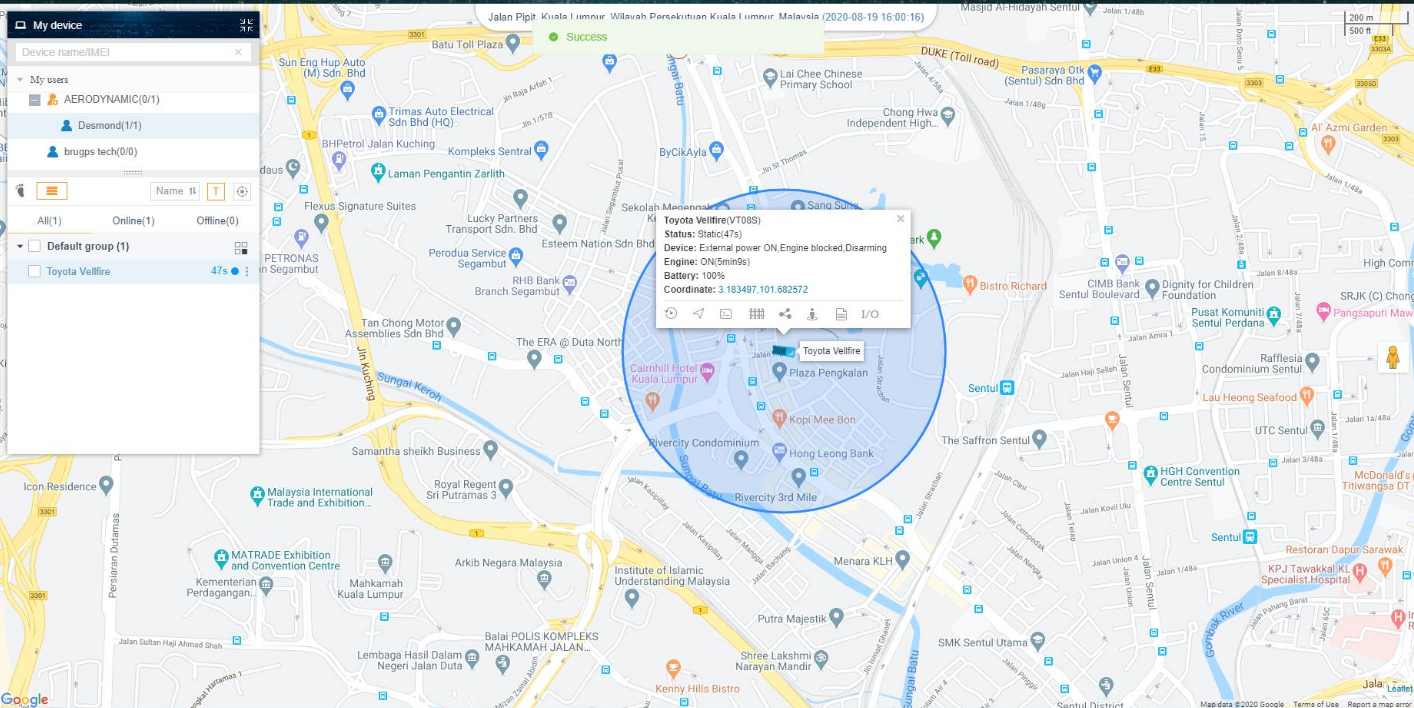
In recent years, Kenya has witnessed a significant surge in motor vehicle ownership and utilization. With this rise, the need for effective motor vehicle tracking systems has become more pressing. Vehicle tracking is no longer a luxury but a necessity, not just for fleet owners but also for private car owners. This article offers an insight into the significance, types, and benefits of motor vehicle tracking systems in Kenya.
Why the Need for Tracking?
Security: One of the primary reasons many vehicle owners opt for tracking systems is to enhance security. Car theft is a concern in many parts of Kenya, and a reliable tracking system can be a deterrent. In the unfortunate event that a car is stolen, tracking systems can assist in its quick recovery.
Fleet Management: For businesses that rely on a fleet of vehicles, tracking systems provide invaluable data. They help in monitoring driver behavior, ensuring timely deliveries, optimizing routes, and reducing operational costs.
Insurance: Some insurance companies in Kenya offer discounts to vehicle owners who have installed tracking systems, as they are seen as a reduced risk.
Types of Motor Vehicle Tracking Systems
GPS (Global Positioning System) Tracking: This is the most common tracking system. It uses satellites to determine the exact location of a vehicle. Updates can be in real-time or intervals, depending on the system in place.
GSM Tracking: These systems use cellular networks to transmit location information. They are particularly useful in areas where GPS might have a weak signal.
Passive Tracking Systems: These systems store data, like the route taken, speed, or stops made, which can be downloaded and analyzed later.
Active Tracking Systems: This type of system sends information in real-time to the user or a monitoring center.
Benefits of Motor Vehicle Tracking Systems
Enhanced Safety: For parents or guardians, tracking systems can provide peace of mind, knowing they can monitor their children's whereabouts when they're driving.
Operational Efficiency: For businesses, it means reduced fuel costs, better route planning, and efficient fleet management.
Maintenance Alerts: Some advanced systems provide updates on vehicle health, reminding owners of scheduled maintenance or flagging potential issues.
Detailed Reporting: Users can get reports on mileage, speed, stops, and more, which can be beneficial for both private owners and businesses.
The Kenyan Market Perspective
The Kenyan market is adapting fast. Many local companies offer tailored solutions for Kenyan roads, routes, and regions. The government, too, has recognized the importance of vehicle tracking. The National Transport and Safety Authority (NTSA) in Kenya even introduced a digital system for public service vehicles that aids in monitoring their movement to enhance road safety.
However, as with any technology, there are challenges. Some remote areas may still lack the robust connectivity needed for effective tracking. Additionally, the initial cost of setting up can be prohibitive for some. But as technology advances and becomes more accessible, these challenges are likely to diminish.
Conclusion
The future of motor vehicle tracking systems in Kenya looks promising. As technology becomes more integrated into daily life and the benefits of vehicle tracking become even more apparent, it's likely that more and more Kenyan motorists will opt for these systems. Whether for personal use or business, the advantages of having a vehicle tracking system in place are undeniable.
Share:
RECENT POSTS

